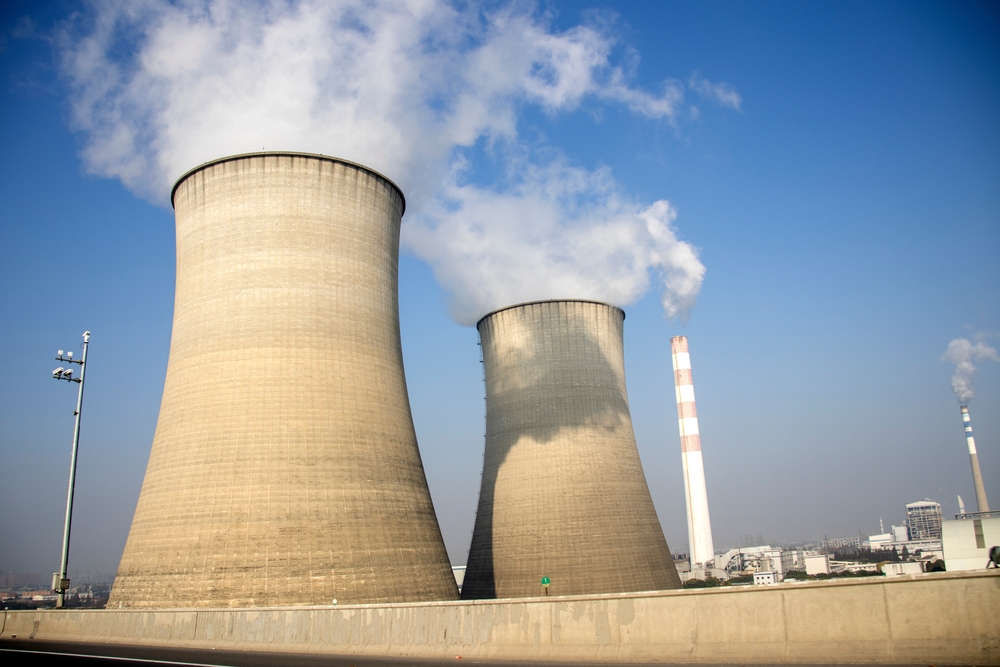Maximizing Energy Potential: The Synergy of Nuclear Technology and Hydrogen Production
Key Ideas
- Dr. William Bodel advocates for integrating advanced nuclear technology with hydrogen production to address energy security and grid stability challenges.
- High-temperature electrolysis, powered by advanced nuclear reactors, offers a cost-effective and efficient method for producing hydrogen, enhancing the economic viability of nuclear energy.
- The synergy between nuclear technology and hydrogen production minimizes reliance on fossil fuels, optimizes renewable energy utilization, and reduces the need for costly backup infrastructure.
- Government support and investment in advanced nuclear reactors are essential to realize the transformative potential of this integrated approach for achieving net-zero emissions and maintaining a resilient energy grid.
Dr. William Bodel from the Dalton Nuclear Institute at the University of Manchester highlights the significance of advanced nuclear technology in enabling low-carbon hydrogen generation. He emphasizes the need for a flexible energy backup to complement renewable sources like wind and solar to ensure grid stability. Dr. Bodel proposes integrating hydrogen production with nuclear energy to address the challenge of maintaining full capacity operation of nuclear power plants economically. By diverting excess nuclear energy to high-temperature electrolysis for hydrogen production during low-demand periods, nuclear power plants can continuously operate efficiently. This strategic integration allows for seamless energy transition, optimizing both renewable and nuclear capabilities. The high-temperature electrolysis method, utilizing advanced nuclear reactors to provide heat and electricity, offers a cost-effective solution for hydrogen production, reducing energy consumption and production costs. Dr. Bodel's research demonstrates that combining nuclear technology with hydrogen production eliminates the need for fossil fuel backup power, minimizes greenhouse gas emissions, and maximizes renewable energy utilization. He emphasizes the importance of government support to deploy advanced nuclear reactors at scale for a reliable and cost-effective hydrogen supply, enhancing the UK's energy security and supporting the transition to net-zero emissions. The synergistic approach advocated by Dr. Bodel underscores the potential for nuclear technology to play a pivotal role in reducing carbon emissions, ensuring energy security, and maximizing the benefits of renewable resources in the UK.
Topics
Power
Carbon Emissions
Energy Transition
Government Support
Renewable Integration
Grid Stability
Economic Efficiency
Latest News
